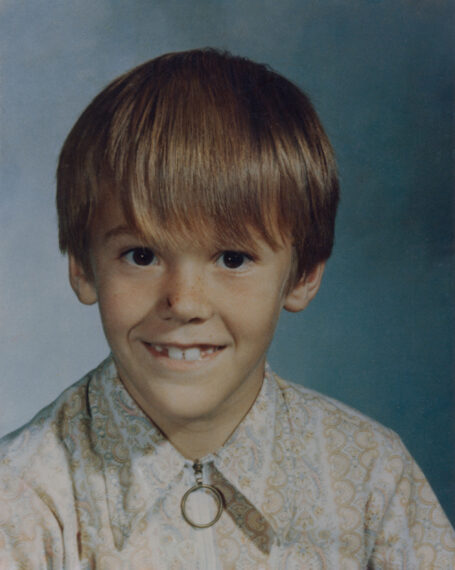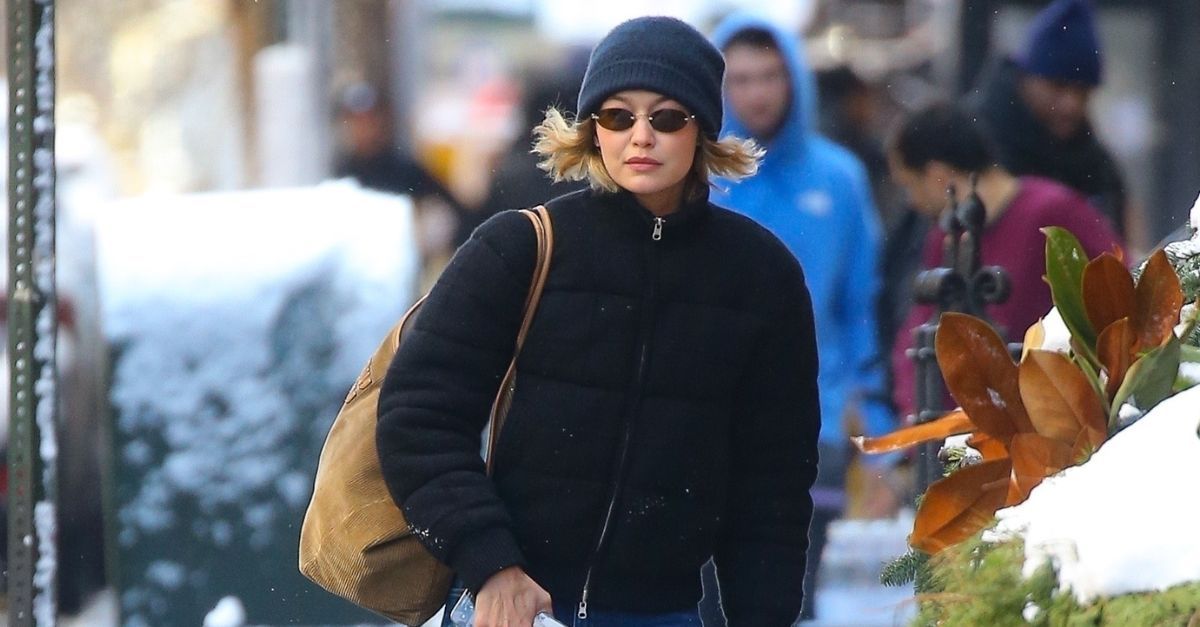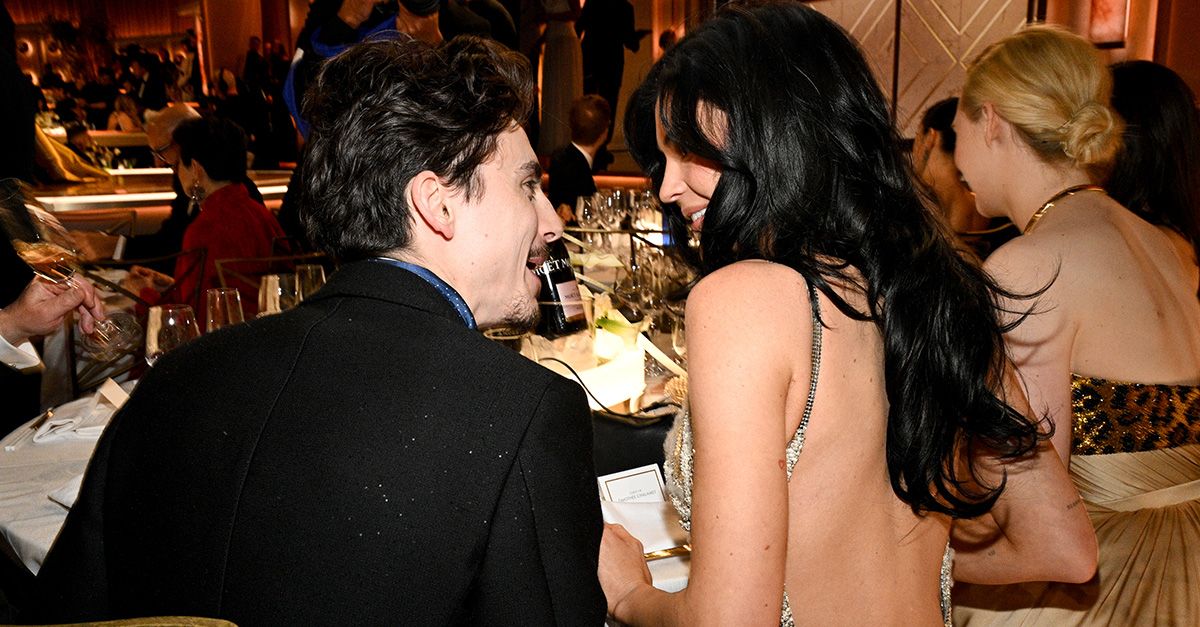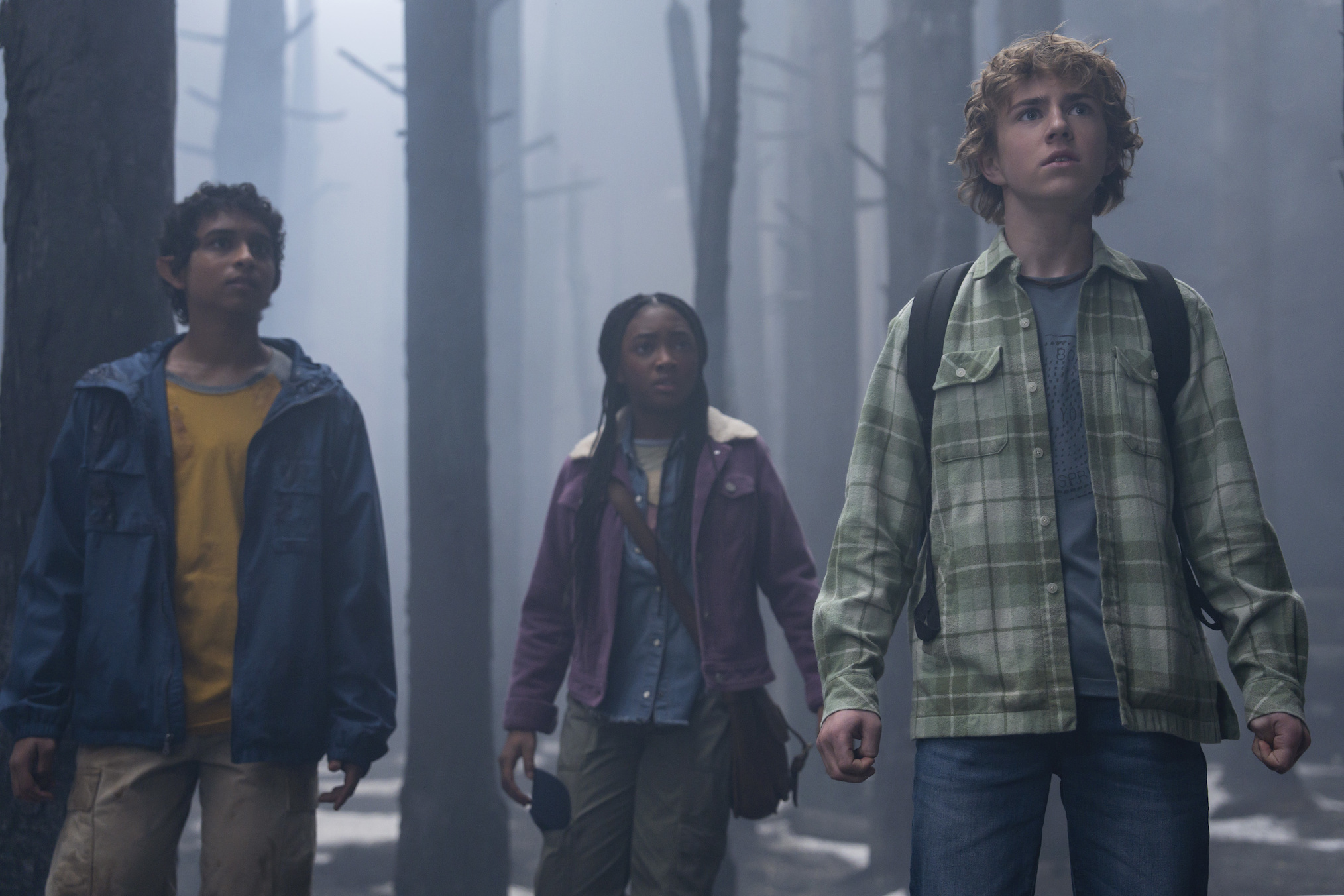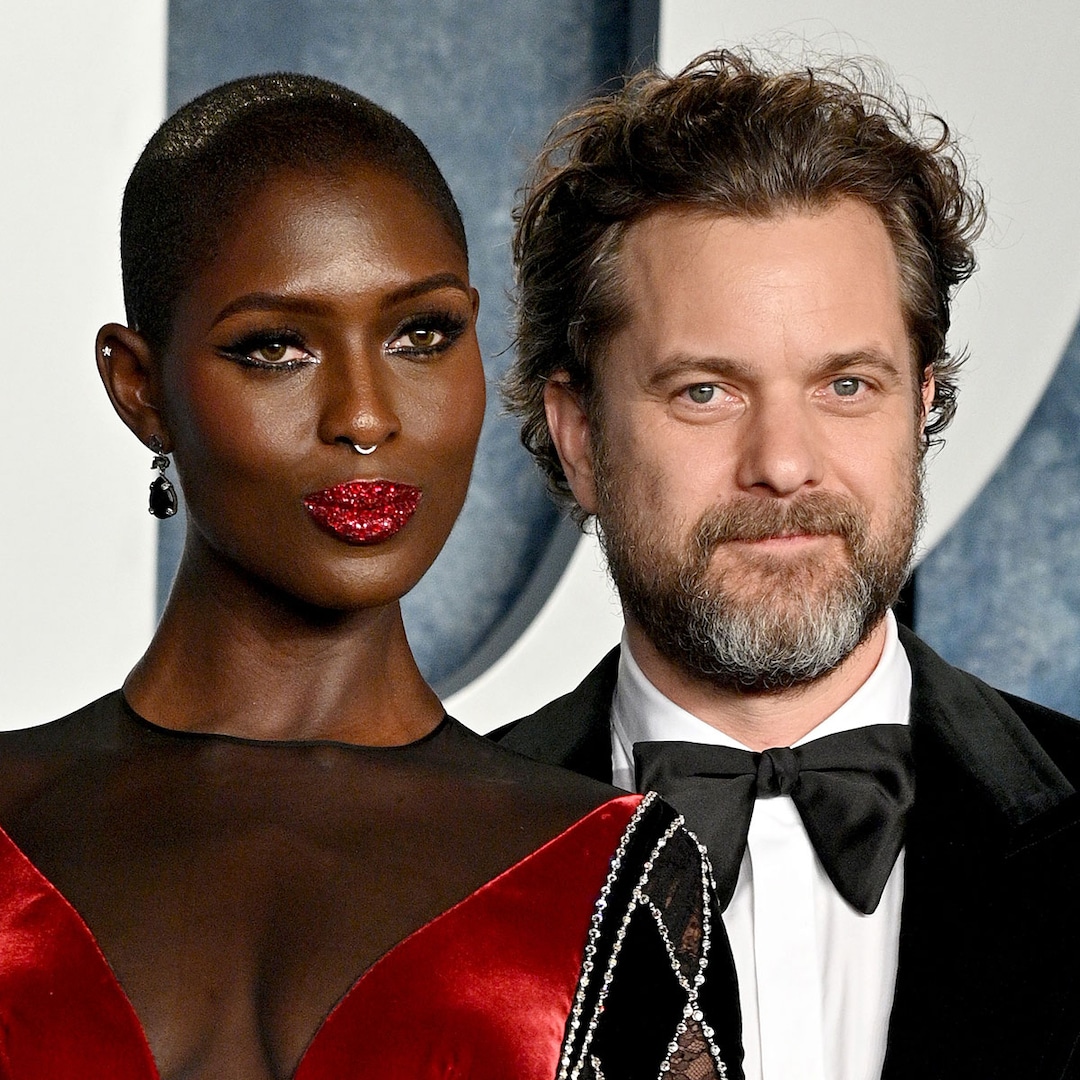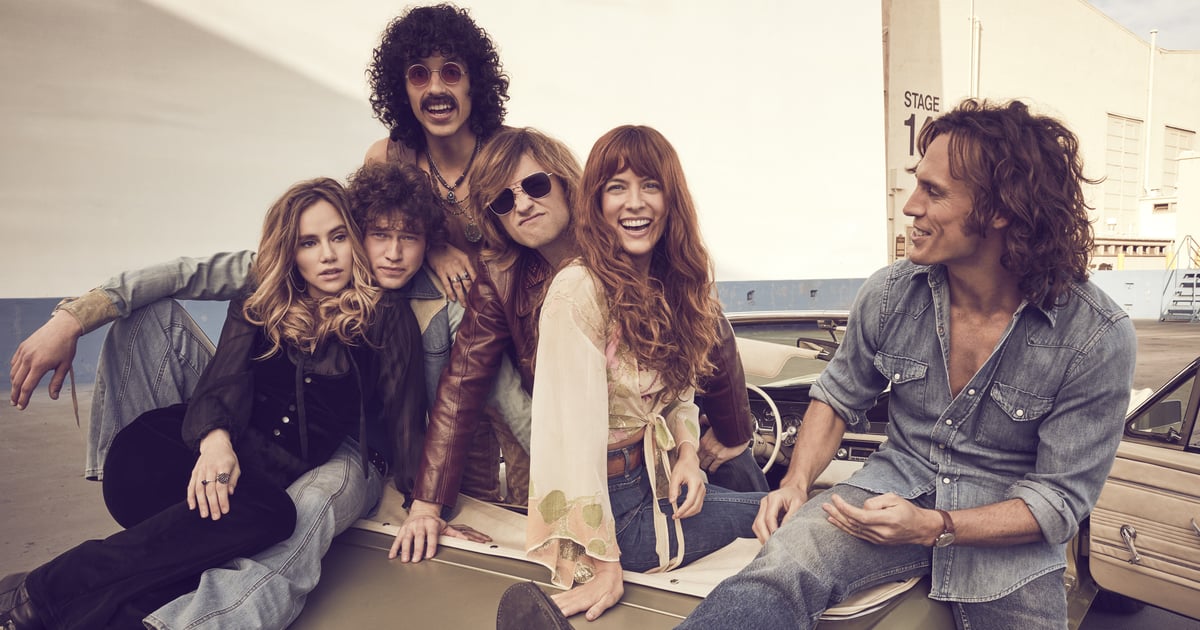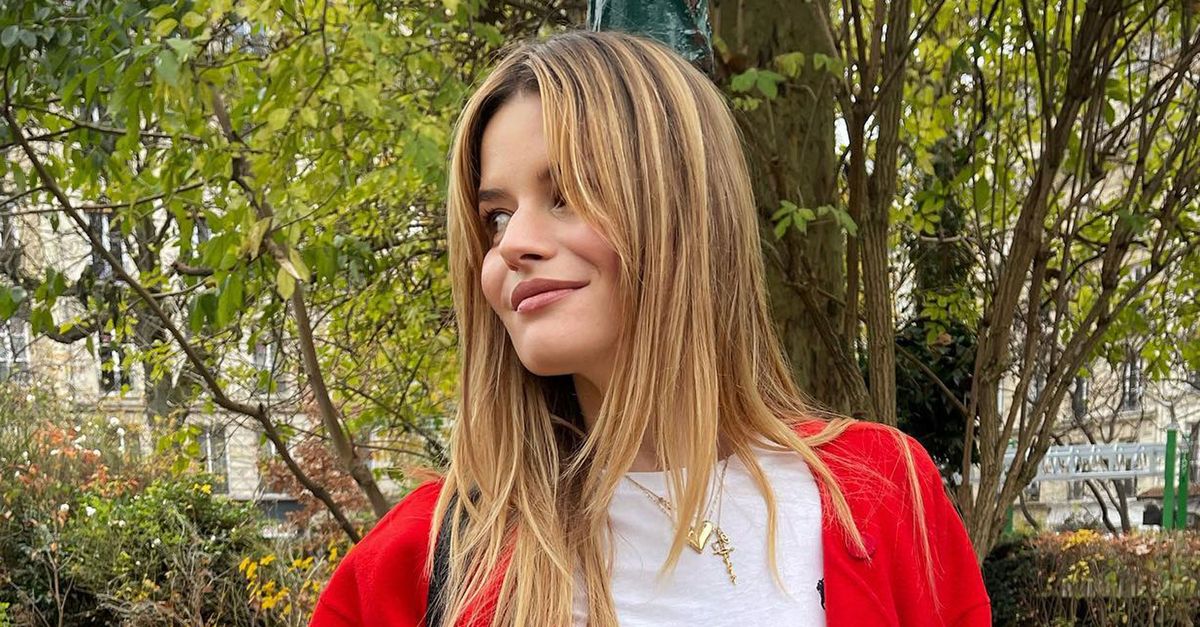In the first 30 years of his existence, Rocket Raccoon appeared in a total of ten Marvel comics. Not ten different storylines, not ten different Rocket Raccoon series; ten individual issues period, mostly guest spots in other characters’ books. His profile increased somewhat in the mid-2000s when he became a member of the relaunched Guardians of the Galaxy, but not much. As Marvel properties go, calling him a D-lister might have been giving him to much credit. Rocket had his fans, but they were incredibly few and far between.
But one of those fans was James Gunn. He seemed to recognizing something in Rocket that few others saw, and over the course of his three Guardians of the Galaxy movies, he has turned this foul-mouthed creature from also-ran to scene-stealer to one of Marvel’s most soulful heroes, with a backstory so tragic he makes Peter Parker seem like a whiner. At one point in Guardians of the Galaxy Vol. 3, a character tells Rocket that the events unfolding onscreen have been his story all along — and with Guardians of the Galaxy Vol. 3, it does feel like Marvel has spent $200 million on a movie about a melancholy space raccoon looking for love and acceptance.
READ MORE: Every Marvel Cinematic Universe Movie, Ranked From Worst to Best
Guardians Vol. 3, like the two movies that preceded it, is a rollicking space adventure with big action, impressive creature designs, and colorful sci-fi visuals. But Gunn, maybe more than any other filmmaker in the Marvel Cinematic Universe, always finds ways to plus up genre thrills with genuinely emotional stories about complex people — or raccoons — with insecurities and anxieties and pain. (Oh man, so much pain.) A lot of superheroes crack jokes in battle; that’s always been a key element of the Marvel style dating back to the days of Stan Lee and Jack Kirby. In Guardians Vol. 3, it’s quite clear that these characters aren’t making jokes because they’re having a great time saving the universe. Their wisecracks are basically the only coping mechanism they possess to make sense of their bleak circumstances and surroundings. I could not tell you the last movie I saw that was simultaneously this fun and this sad.
And at the center of it all is Rocket, voiced by Bradley Cooper. Maybe because he doesn’t tend to do a lot of press for the Guardians movies, Cooper hasn’t gotten enough credit for his acting in these movies. But he is always wonderful as Rocket. Thrust into the spotlight in Vol. 3, Cooper delivers his best voice performance to date. (Sean Gunn, who also plays the bumbling Guardian named Kraglin in the film, performs Rocket’s movements on set.) A series of flashbacks finally reveals Rocket’s mysterious origin, which involves Vol. 3’s villain, the High Evolutionary (Chukwudi Iwuji), a scientist who dreams of creating a utopia populated entirely by creatures of his own design.
As you might surmise from this review’s introduction, the High Evolutionary’s lofty ambitions are even more sinister than they first appear, and Rocket’s role in them is truly harrowing, especially in the scenes that reveal his friendship with several other High Evolutionary creations, including Lylla (voiced by Linda Cardellini), a nurturing otter with robotic pincers for hands. Back in the present, Rocket and the other Guardians — Star-Lord (Chris Pratt), Nebula (Karen Gillan), Drax (Dave Bautista), Mantis (Pom Klementieff), Kraglin (Sean Gunn, in human form this time), and Cosmo the Spacedog (Borat Subsequent Moviefilm’s Maria Bakalova) — must retrieve a crucial piece of information from the High Evolutionary, a quest that takes them to such surreal locales as an entirely organic space station — one with skin and organs, like a Marvelfied David Cronenberg nightmare — and “Counter-Earth,” a bizarre copy of our own world populated by the High Evolutionary’s human-animal hybrids.
Counter-Earth’s simulation of American suburbia gives Gunn room to insert a little social satire into his movie, and Guardians Vol. 3 finds numerous places to smuggle in more messages; some some gentle, and others a bit more forceful. (Rocket’s plight is a none-too-subtle argument in favor of the more humane treatment of animals.) But above all, Vol. 3 is about the Guardians themselves and their relationships, which, after three films (or maybe five or six, depending on whether you count their appearances in the Avengers and Thor franchises) have grown incredibly thorny.
Originally thrown together by chance, this group of characters connected with one another because of their mutual loneliness. But just because they now have one another to rely on doesn’t mean their physical and emotional scars magically went away. Gunn seems particularly invested in exploring all that baggage in Vol. 3 — like Pratt’s Star-Lord, who still hasn’t gotten over the death of his beloved Gamora (or the death of his mom decades before, for that matter). In Avengers: Endgame, Gamora was replaced by a version of herself from the past with no memory of her relationship with Star-Lord or her time in the Guardians. This less sentimental Gamora (Zoe Saldana) resents Star-Lord’s attachment to her, and she appears in Vol. 3 in a role that I personally found kind of surprising.
Also surprising: After several Marvel movies in a row that drew (valid) criticism for their muddled visuals and unconvincing special effects, Guardians Vol. 3 looks terrific. (The entire movie was shot in IMAX, and if you can see it that way, I would recommend it.) I don’t know how much of the credit for the improved imagery should be given to Gunn himself, but all three Guardians movies are amongst Marvel’s best-looking efforts. If all of the MCU was as fun to look at as this movie, those complaints would go away very quickly.
I don’t think Guardians of the Galaxy Vol. 3 quite matches the sublime pop silliness of the first film in this trilogy, but it’s easily better than Vol. 2, which had wonderful bits along with an overstuffed storyline. Vol. 3 isn’t exactly streamlined — it still runs about two and a half hours — but it is more focused on its themes and ideas, and on giving the Guardians the sendoff they deserve. (Gunn is now off to run DC Studios.) It also firmly completes Rocket Raccoon’s transformation from a footnote to one of the Marvel Cinematic Universe’s greatest characters.
ADDITIONAL THOUGHTS
-The major new addition to the cast — at least if you define “major” by “amount of pre-release hype and media coverage” — is Adam Warlock, played by Will Poulter. In Marvel’s comics, Warlock is a hugely important figure who played a key role in the original Infinity Gauntlet series. Fans hoping he will finally get the spotlight he deserves will be disappointed here; he’s a minor figure in the story and is mostly used as a heavy and a walking punchline. It’s not exactly an auspicious debut.
-I absolutely recommend this movie, but given the ongoing conversation on this website about the lack of good movies for kids, I do want to stress just how intense the scenes involving Rocket’s past get. I’d be wary about bringing anyone under the age of 10.
-After the movie ended, I thought about the way Harold Ramis used to describe the team dynamics within the Ghostbusters: Egon was the brains, Ray was the heart, Peter was the mouth. You can’t graft that rubric onto the Guardians, because you quickly realize they’re all the mouth. There are no straight men (or raccoons). It’s a group of eight Lou Costellos, if Lou Costello was occasionally stricken by an existential crisis about the meaning of life and his place in the galaxy.
RATING: 8/10

The Weirdest Marvel Comics Ever Published
Of all the thousands of comics published by Marvel, these are far and away the strangest.


























































![Mason Ramsey – Twang [Official Music Video] Mason Ramsey – Twang [Official Music Video]](https://i.ytimg.com/vi/xwe8F_AhLY0/maxresdefault.jpg)





